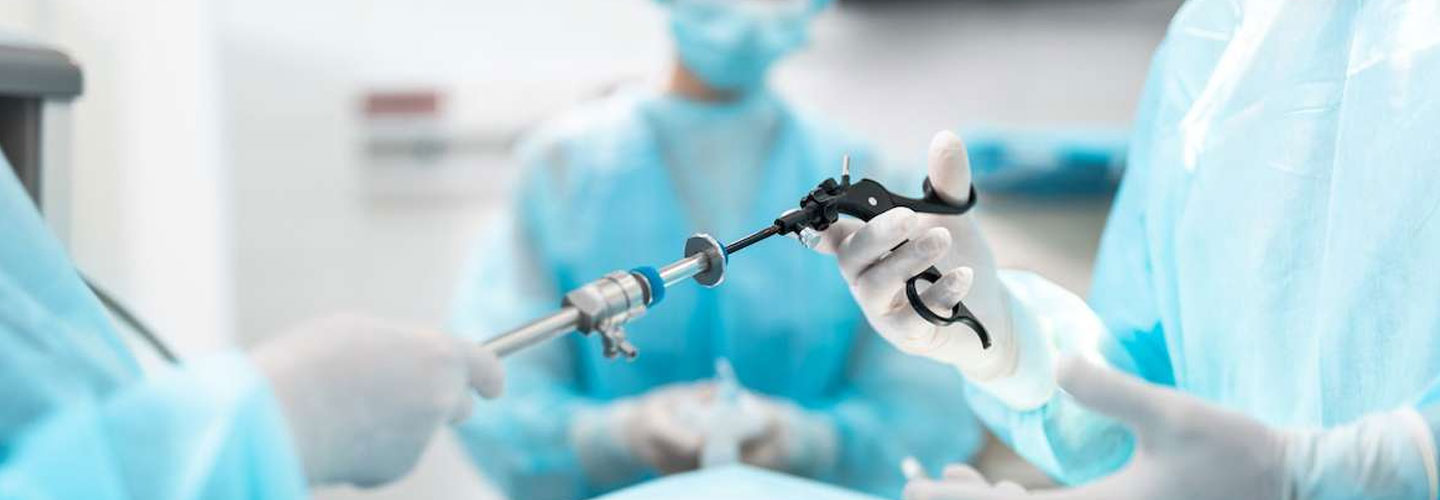Ulcerative colitis is a chronic inflammatory disease. It affects the lining of the large intestine or colon and rectum. The severity of the ulcerative colitis may vary from one individual to the other, it may be mild and be treated through medicines at first then followed by the surgery, or it may be extremely serious that might cause potential death and hence it requires immediate surgery of the patient. The management of the surgery depends upon the extent, duration, tolerance to medicine, patient’s age and the underlying co-morbidity of the patient.
The purpose of the ulcerative colitis surgery is to remove the disease and provide relief to the patient with minimal alteration possible to the physiological functions. In many of the cases the patient might be able to control the symptoms experienced through medication, many others may require surgery.
Condition for surgery:
- When the conventional mode of medicine hasn’t worked and leads to a risk of cancer if not removed or treated through surgery.
- When the disease has long left untreated and has led to the rupture of the colon.
- The severity of the disease has increased comprehensively in a short span of time.
- Extreme bleeding causes the increase in severity of the patient.
- Sudden and severe ulcerative colitis.
- Toxic megacolon, causes potentially life threatening complications.
- Perforation of the colon wall causes the content of the intestine to spill into the abdomen causing severe infection.
Surgical choices:
- Hemicolectomy: This procedure involves the removal of a part of the colon. There are two types of hemicolectomy depending upon the position of the area infected.
- Right hemicolectomy: Removal of the right side of the colon.
- Left hemicolectomy: Removal of left or the descending part of the colon.
- Colectomy: This procedure involves the removal of the entire colon.
- Proctocolectomy: This procedure involves the removal of both colon and rectum. This standard
- surgery is performed for ulcerative colitis.
- IPAA: IPAA stands for ileal pouch anal anastomosis. In this procedure the colon and rectum is removed but the patient is still able to eliminate stool through anus. The small intestine is used to form an internal pouch called the J-pouch, which serves as the rectum. This pouch is then connected to the anus. Hence, the excretion of the waste doesn’t stop.
- Kock pouch: This procedure is the next step to the proctocolectomy. The patient who wants their ileostomy to be converted to the J-pouch prefers this procedure.
Why Eternal Hospital?
At Eternal Hospital, we have a highly qualified and dedicated team of specialized doctors who are always committed to providing the latest and most advanced medical care to all our patients. Being a trusted name in healthcare, we act compassionately while ensuring confidentiality to those who need it. We have set high standards in patient-centric premium care and outstanding patient safety, and exceptional maintenance in a timely manner. In addition, we adhere to the use of up-to-the-minute innovations to offer state-of-the-art treatments to our patients with unparalleled results.


